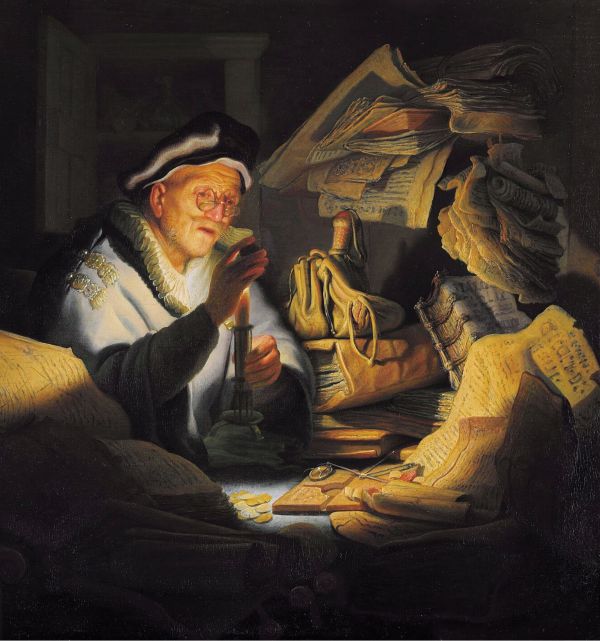Today's Gospel from Luke emphasises the greed of a rich man who thinks of enlarging his storehouses because of abundant harvests, neglecting his soul and his relationship with God, who finds him unprepared before a sudden death.
Instead of enriching himself with God, he foolishly thinks of accumulating for himself.
Francis of Assisi, on the other hand, donated all he possessed to the poor and set out to give back to God the little he had in exchange for the much he would receive.
He was in love with Our Lady Poverty; he married her and esteemed her because she was chosen by the Son of God, who had nowhere to lay his head.
He was so evangelically attracted to her that he took pity when he met creatures poorer than himself.
The Sources recount:
"It happened to him, during a journey, to meet a poor man. Seeing his nakedness, he was saddened in his heart and said to his companion in a voice of lamentation:
"The misery of this man has brought us great shame; for we, as our only wealth, have chosen poverty: and behold, it shines brighter in him than in us" (FF 1126).
And Bernard, a citizen of Assisi, who later became his companion in the following of Christ, was advised to leave his possessions, considered a false feud.
But to be sure, "when morning came, they entered a church and, having prayed devoutly, opened the book of the Gospel, willing to carry out the first advice offered them.
They opened the book, and Christ manifested his advice in these words: 'If you want to be perfect, go, sell all you possess and give to the poor. They repeat the gesture, and the passage occurs: "Take nothing for the journey". A third time again, and they read: "Whoever wishes to come after me, let him deny himself".
Without delay Bernard performed everything and did not omit a single iota. Many others, in a short time, freed themselves from the mordacious cares of the world and, under the guidance of Francis, returned to the infinite good in the true homeland. But it would be too long to say how each one achieved the prize of the divine call" (FF 601).
Clare herself had requested and obtained from Pope Gregory IX the Privilege of Poverty (17 September 1228) in written form.
This document assured the Poor Sisters of St Damian's the right to live without any property in this world, following in the footsteps of the One who, for our sake, became poor and the Way, the Truth and the Life.
In the same Rule, concerning those who wanted to enter the Monastery to follow Christ, Clare says:
"And if she is suitable, let the word of the holy Gospel be told her: that she should go and sell all her possessions and endeavour to distribute them to the poor. If she cannot do this, her good will suffices" (FF 2757).
And in his first letter to Blessed Agnes of Prague (his spiritual daughter) he writes:
"O blessed poverty! For those who love you and embrace you procure eternal riches!
O holy poverty! To those who possess and desire you God promises the kingdom of heaven, and infallibly offers eternal glory and blessed life.
O pious poverty! Thee the Lord Jesus Christ [...] deigned to embrace in preference to everything else" (FF 2864).
"So [happens to] those who accumulate treasures for themselves and do not enrich for God" (Lk 12:21).
Monday 29th wk. in O.T. (Lk 12,13-21)












